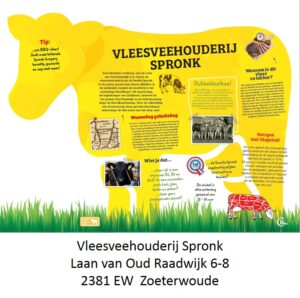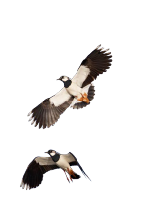

Beef cattle farm Spronk
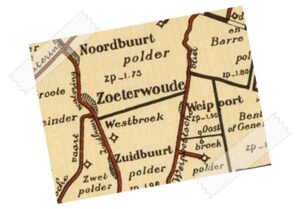 Welcome to beef farm Spronk!
Welcome to beef farm Spronk!
One kilometre further on, at Laan van Oud Raadwijk 6-8, you will find the Spronk family's beef farm. In the summer, their sturdy calves graze in the meadows around the farm in the former Noordbuurt. This hamlet, the counterpart of Zuidbuurt, consisted of the Oud Raadwijk area and the ribbon development along Noordbuurtseweg. Due to the expansion of Zoeterwoude-Dorp, Noordbuurt became part of the village in the middle of the 20th century.
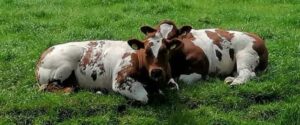 Double-purpose cow!
Double-purpose cow!
What began in 1910 as an arable farm changed over the years into a farm for luxury cattle. This cattle was originally intended for meat, but now the Spronk family also milks these cows. This is how a beautiful dual-purpose cow came into being; a sip of milk and a nice, tender piece of meat!
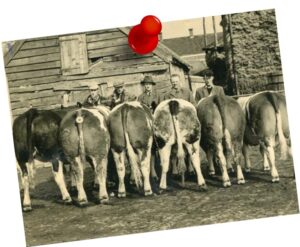 Why is this meat so tasty?
Why is this meat so tasty?
All fattened cattle were born on the Spronk family's farm, so that the family can vouch for the fact that they were raised in an animal-friendly and responsible manner. That is why the animals, both male and female, spend the summer in the meadow. This is not only nice for the animals, but it certainly benefits the taste of the meat.
When they are stabled, they have access to spacious straw pens and they are fed exclusively with pure natural products. Such as hay or grass silage, maize silage and beet pulp.
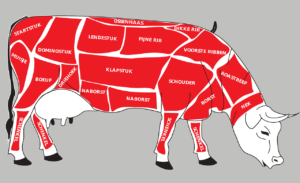 Hodgepodge with beef brisket!
Hodgepodge with beef brisket!
This is a dish that for centuries has been linked to Leidens Ontzet, The Siege of Leiden: the liberation of the Spanish besieged city by the Beggars in 1574. Every year on October 3, it is celebrated with a stew of carrots, onions and potatoes, served with 'klapstuk'. A beef brisket or 'klapstuk' is beef cut from the ribs, the short ribs of the animal.
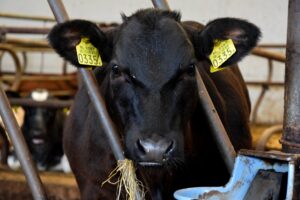 Wednesday meatloaf day
Wednesday meatloaf day
Until well into the 20th century, meat was a luxury for many people. In order to still eat animal products once in a while, cheaper types of meat such as bacon and minced meat were a good alternative.
Originally, minced meat was a by-product of pieces of meat left over from slaughtering. These offcuts were chopped or ground into smaller pieces and then mixed. The slaughtering took place on Monday. Boning followed on Tuesday. The remaining meat was sold on Wednesday. Hence the expression 'Wednesday meatloaf Day'.
Did you know that...
...meat has no carbs?
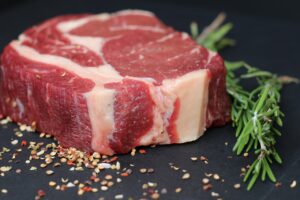
...meat is rich in vitamins B1, B5 and B12? And in minerals such as zinc, iron, phosphorus and selenium?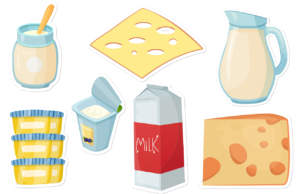
...the Spronk family regularly wins prizes with their cows?

...the shop is open every Saturday from 11.00-16.00 hours?

 TIP!
TIP!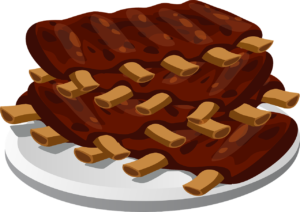
...our BBQ-meat! Like our famous Spronk-Burgers, bavette, spareribs and much more!


